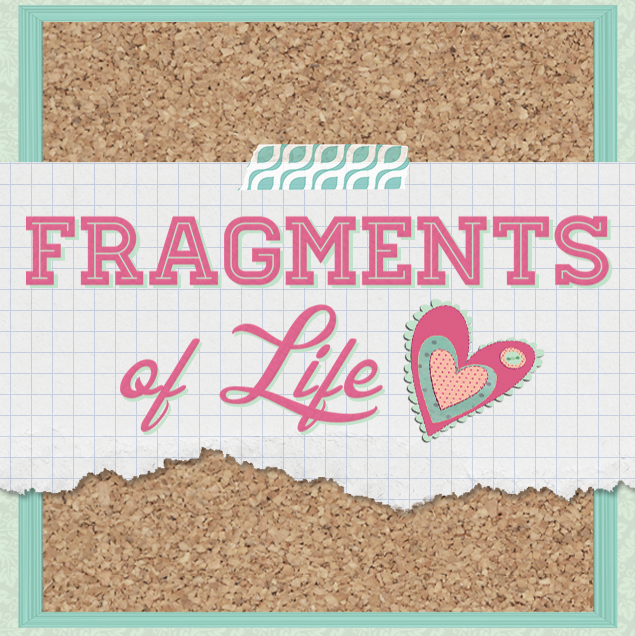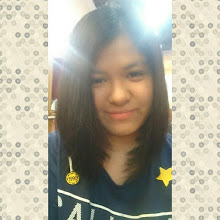Hi guys! Since April is National Poetry Month, I asked
Lisa Schroeder, the author of Chasing Brooklyn, Far From You, I Heart You, You Haunt Me, and many more, to discuss something about poetry.
First of all, I’d like to answer the question – what IS a verse novel? Here is a definition for those of you who aren’t sure what it is, exactly.
A verse novel is a type of narrative poetry in which a novel-length narrative is told through the medium of poetry rather than prose.
A lot of people think – a novel written in poetry? Are you kidding me? How boring that must be. Ha! Think again.
Authors like Karen Hesse, Sonya Sones, Ellen Hopkins, Lorie Ann Grover, and many more have shown us through the years that they are anything BUT boring. The poetic form gives us a bit different structure in which to write the story we want to tell, but there is the important point to remember. It is still a story. Even with a verse novel, I think most authors would agree with me when I say, story has to come first. The story must be compelling enough to cause the reader to want to keep reading. It doesn’t matter how beautiful the verse is, the story must pull the reader through the pages, like any other type of novel.
Precious asked me to talk a little about how I go about writing a verse novel. She asked, “
How do you tell a complete story with such limited words?”
I write my verse novels from beginning to end. Others may do it differently, but this works for me. I think in terms of scenes, and take it scene by scene. I ask - what is happening? What are the characters feeling? What information do I want to give now and what information do I want to only hint at, and share later?
I usually start with a scene that shows the reader something big has just happened or is about to happen to my main character. Some authors are good at writing lengthy, flowery descriptions – and they love opportunities to do that in their stories. I’m not like that. When I’m writing one of my verse novels, I look for brief, unique ways to describe things that get to the heart at what I want to say.
Let’s look at the opening poem in the first novel-in-verse I wrote:
***
“A Day of Black
I’ve never been
to a funeral
until today.
I see
dazzling arrangements of
red, yellow and purple flowers
with long, green stems.
I see
a stained glass window with
a white dove,
a yellow sun,
a blue sky.
I see
a gold cross,
standing tall,
shiny,
brilliant.
And I see
black.
Black dresses.
Black pants.
Black shoes.
Black bibles.
Black is my favorite color.
Jackson asked me about it one time.
“Ava, why don’t you like pink?
Or yellow?
Or blue?”
“I love black,” I said.
“It suits me.”
“I suit you,” he said.
And then he kissed me.
I’m not so sure
I love black
anymore.”
(from I HEART YOU, YOU HAUNT ME, copyright 2008)
***
In this poem, I’ve established who the main character is: Ava. I’ve established where she is: a funeral. I’ve hinted at whose funeral this might be, although the reader isn’t quite sure, and so will want to turn the page and keep reading to find out. And through repetition combined with imagery, we can see the scene, even though I gave very few words to describe the scene.
This is what we do in a verse novel. We use poetic devices to convey elements of the scene and the story to the reader. It should feel effortless to the reader. We don’t want the reader to have to work at figuring out what they’re reading. I think that’s one of the miconceptions about verse novels – people are often worried they’ll be hard work. They should be hard work for ME, the writer, so it’s not hard work for you!
Throughout the book, things about Ava will be revealed, and you will learn what kind of person she is. This is no different from any other novel. How I do it might be a little different, yes. I can’t just come out and tell you in two or three long and rambling paragraphs what makes her special and unique and what’s bothering her. I have to sprinkle little things throughout the coming pages, until eventually, you’ll have a clear picture.
I think that’s one of the important things about a verse novel. Details are sprinkled throughout, like a nice coating of sugar over the top of an apple pie. The hard part is figuring out what details are important and when, exactly, they should be sprinkled.
With each poem, I’m looking for the MOST important items to share with the reader. I want to make each word, each sentence, each phrase really count. I want the poetry to elicit emotions, but I also want the words to tell a story that makes the reader want to keep reading.
It’s a balancing act. It’s not always easy. But the payoff is huge. I hope if you haven’t ever read a verse novel before, you’ll give one a try!
Thanks for having me here, Precious! Happy Poetry Month, every one!
Thanks Lisa for sharing! :) If you guys haven't checked out her books, you better!
Photo was taken from Lisa's website:
http://www.lisaschroederbooks.com/









































![Validate my Atom 1.0 feed [Valid Atom 1.0]](valid-atom.png)